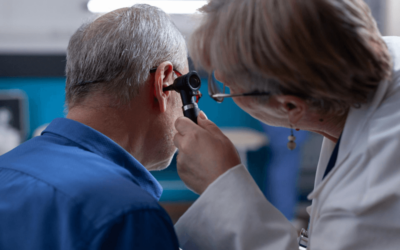With the latest deferment of ICD-10 codes implementation to October 1, 2015, healthcare facilities and systems have additional time for the adoption of the new system. There must be a good strategy...
Articles
Diagnosis of Parkinson’s Disease (PD) and Medical Billing
According to the American Parkinson's Disease Association, approximately 60,000 people are newly diagnosed with Parkinson’s Disease (PD) each year. Accurate diagnosis of this disease is very...
ICD-10 Coding and Documentation for Asthma
Approximately 300 million people around the world are affected by asthma, a chronic respiratory condition with its prevalence increasing by 50% every decade. An estimated 10% of North America’s...
Durable Medical Equipment (DME) Billing – A Detailed View
Durable Medical Equipment (DME) billing is quite different from other types of medical billing and coding procedures. It requires an in-depth, specialized knowledge of all HCPCS Level II codes. All...
How OIG 2015 Work Plan Impacts Physician Practices
To ensure accurate medical billing in the coming year, physician practices should review the 2015 OIG Work Plan for both new and continuing topics that may involve the services they are providing....
Coding for Otitis Externa in ICD-10 – A Detailed View
The medical coding for otitis externa or "swimmer's ear" is quite different in ICD-10 compared to that in ICD-9. In the new coding system, ears get their own chapter while earlier they were included...
CPT Coding for Care Management Services in 2015
In 2014, new codes were added into the Current Procedural Terminology (CPT) code set to report complex chronic care coordination services, known as C4 services. This code set has been revived for...
Coding of Musculoskeletal Disease Treatment under ICD-10
Since there are several changes and expansion introduced to the musculoskeletal code system in ICD-10, it will be a real challenge to code for musculoskeletal disease treatment under the new coding...
Types of Medicare Audits and Issues That Rouse Suspicion
Medicare audits are conducted to make sure that the right beneficiary receives the right payment at the right time, and they are very important for healthcare providers who manage and process their...









